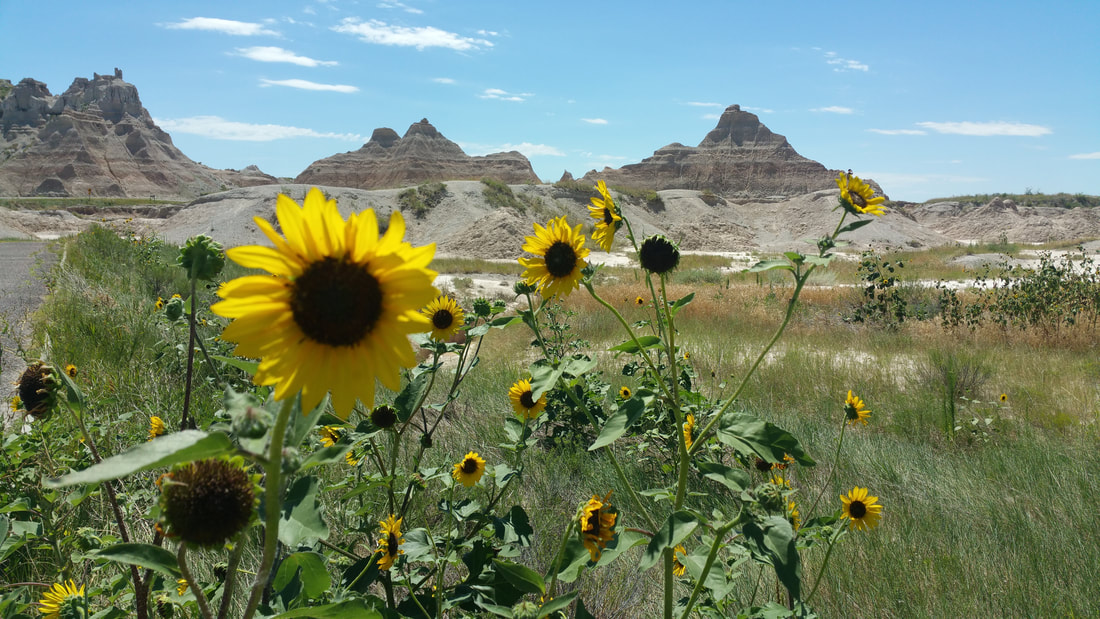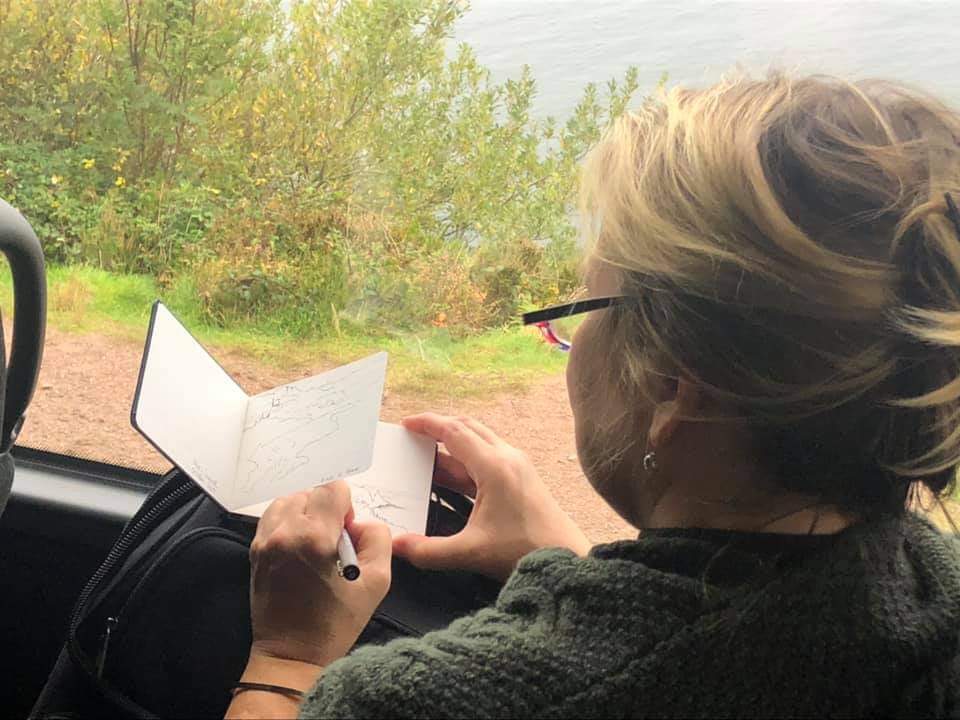 And in this he showed me something small, no bigger than a hazelnut, lying in the palm of my hand, as it seemed to me, and it was as round as a ball. I looked at it and thought: What can this be? I was amazed that it could last, for I thought that because of its littleness it would suddenly have fallen away into nothing. And I was answered in my understanding: It lasts and always will, because God loves it; and thus everything has being through the love of God. —Julian of Norwich, Showings As I sit down to write this column, the news is filled with scenes of the catastrophic flooding in Pakistan, with over 1,000 people dead, one-third of the country devastated, and thirty-three million people affected by floodwaters. High temperatures, warming oceans, and record rainfall contributed to this tragedy. Anjal Prakash, research director at the Indian School of Business in India’s Hyderabad and one of the lead authors of the Intergovernmental Panel on Climate Change report, says “We have got to stop using the word unprecedented because every time a new precedent is being formed in South Asia. The impact of warming on Himalayan glaciers, which are retreating very fast, is much faster than we earlier thought.” (Chaudhary, Pakistan Flood, Aug. 29, 2022, Bloomberg) Here in Eastern Kentucky we have witnessed the horrors of flooding exacerbated by deforestation, mountain-top removal, and climate change. Had we heeded warnings from scientists dating back to the 1960s and 1970s, we might be in a different position in 2022. Had the church taken seriously our calling from God to be co-creators and stewards of the earth, the divides in popular opinions might not be so stark. But those decisions are in the past. This week the National Association of Evangelicals released an updated version of Loving the Least of These: Addressing a Changing Climate. The publication deftly connects the science of climate change with the biblical imperative to care for the poor. The president of the NAE, Dr. Walter Kim, explains the motivation behind the report, “Our concerns and motivations are not political. They are deeply rooted in the biblical conviction about God as Creator of this universe and humanity’s responsibilities to care for the gift of this creation,” he said. “As followers of Jesus, we certainly are committed to God’s glory that’s revealed in creation and the stewardship that would be our responsibility in caring for God’s artistry.” Data from the Pew Research Center reveals an unsettling generational divide on issues of addressing climate change, with younger folks, Millennials (born 1981-1996) and Generation Z (born after 1996) reporting higher levels of engagement and concern over climate change than older generations. The generations which are leaving or who have already left church are the ones with higher levels of concern for climate change. If they do look at what the church is doing on climate change, they seldom find faith communities publicly engaging environmental justice issues. This trend breaks my heart. When I was considering the call to the pastorate at FCC Morehead, the presence and activity of the church’s Creation Care team encouraged me. The commitment of individuals on that team and beyond remains a source of hope and encouragement. While the pandemic has hampered many initiatives, we have continued to prioritize our work to care for creation, particularly this Appalachian landscape on which we live, work, and play. For the third year FCC Morehead will observe the Season of Creation during September. The ecumenical celebration began in 2000 with the Uniting Church of Australia and has expanded across the globe. The observances differ from denomination and country, but remain rooted in the hope of restoration and jubilee for the Earth. This season is “a time to renew our relationship with our Creator and with all creation through repenting, repairing, and rejoicing together.” I hope you will find ways to join in the celebration and to take action to care for this amazing planet which has been entrusted to us by our Creator.
0 Comments
|
AuthorA native of Illinois, Rev. Nancy Gowler lived for 26 years in the Pacific Northwest. She joined the ministry of First Christian Church in Morehead, KY, in July of 2020. Archives
January 2023
Categories
All
|

 RSS Feed
RSS Feed
